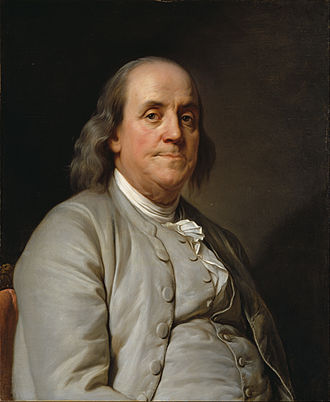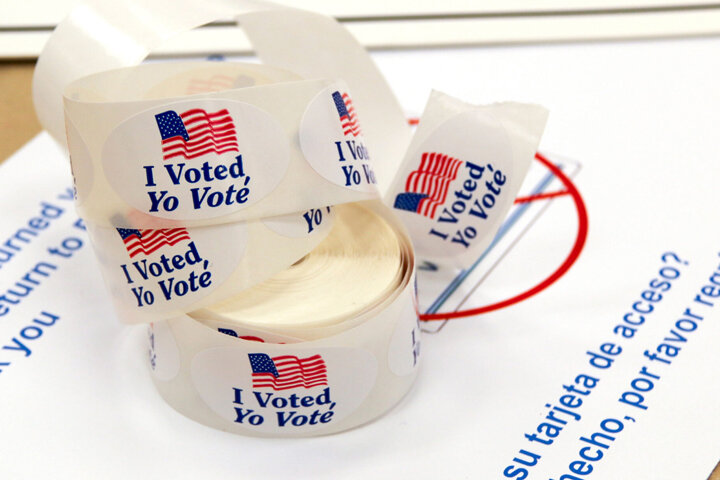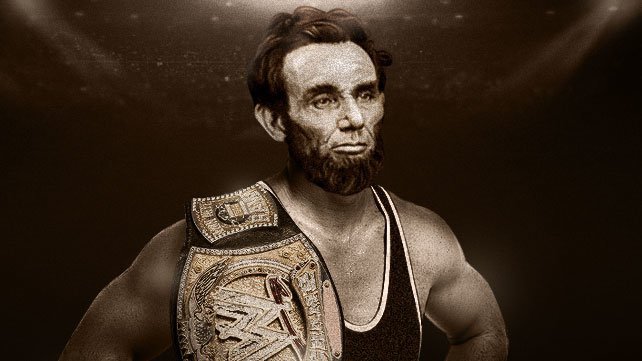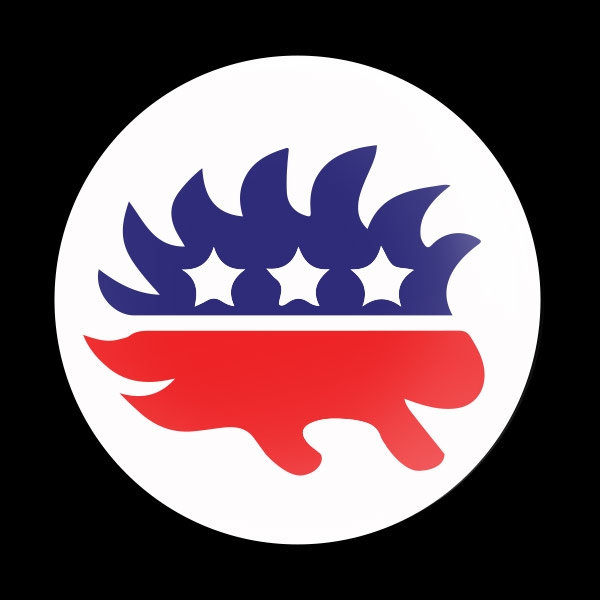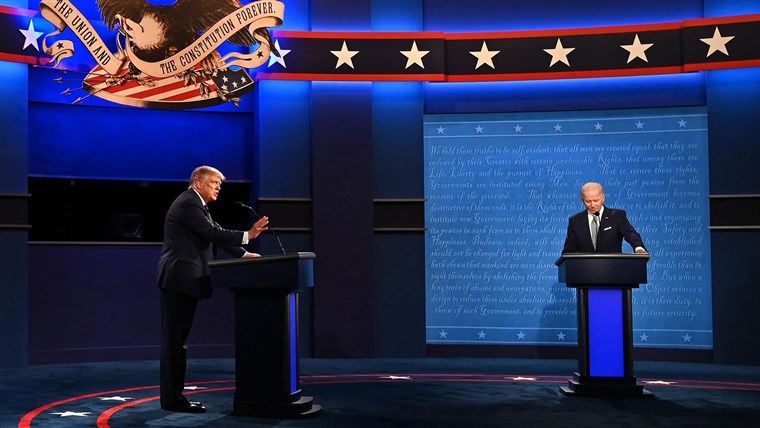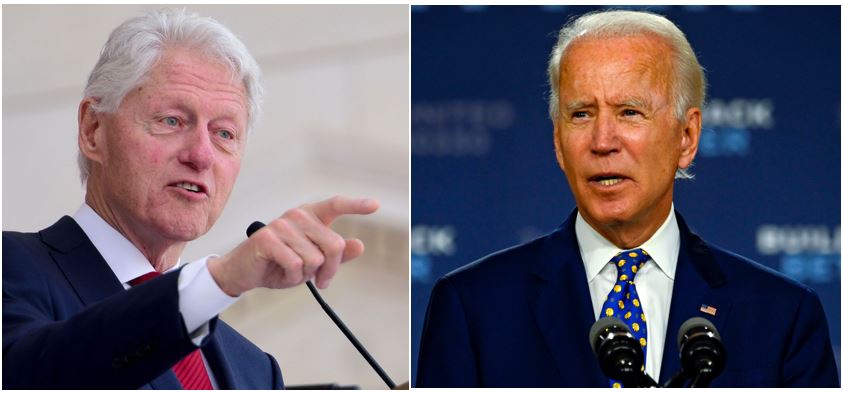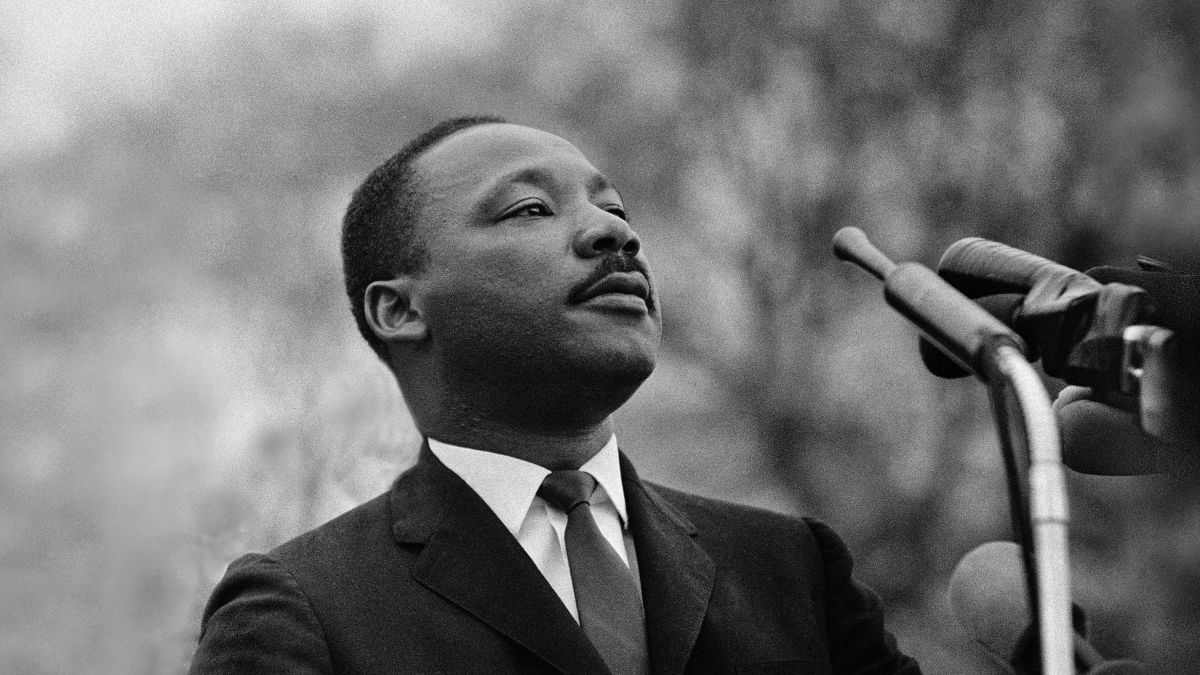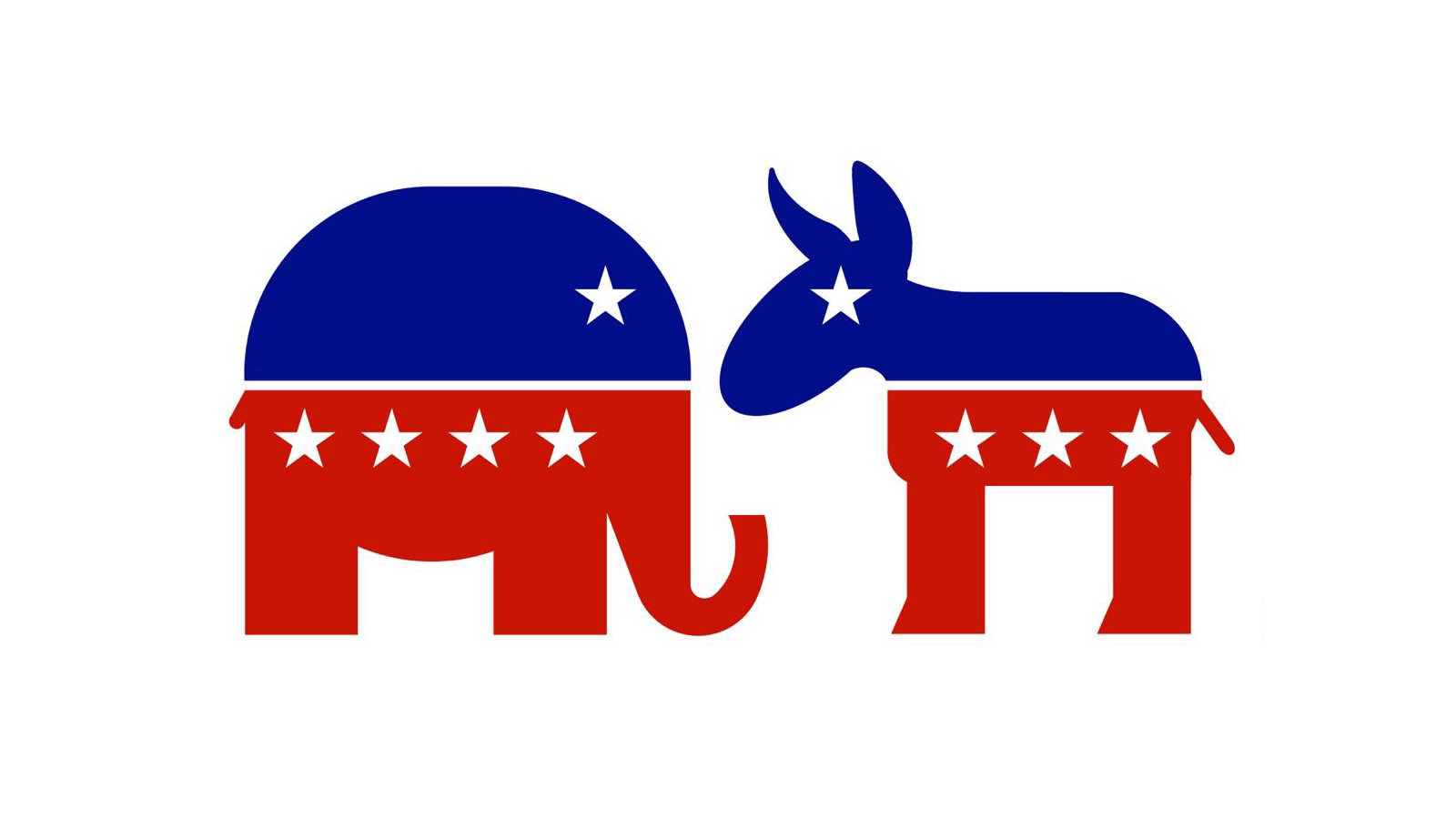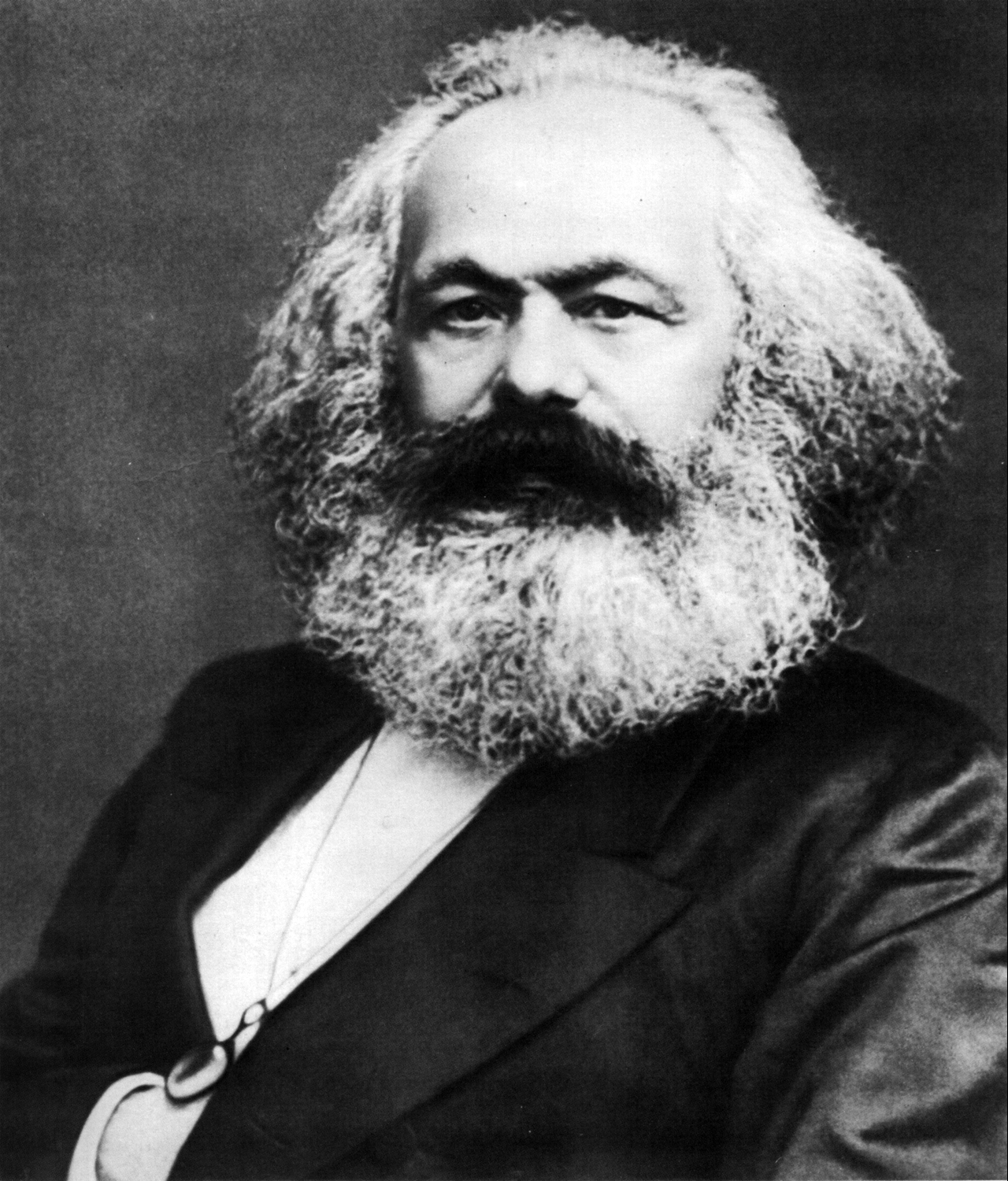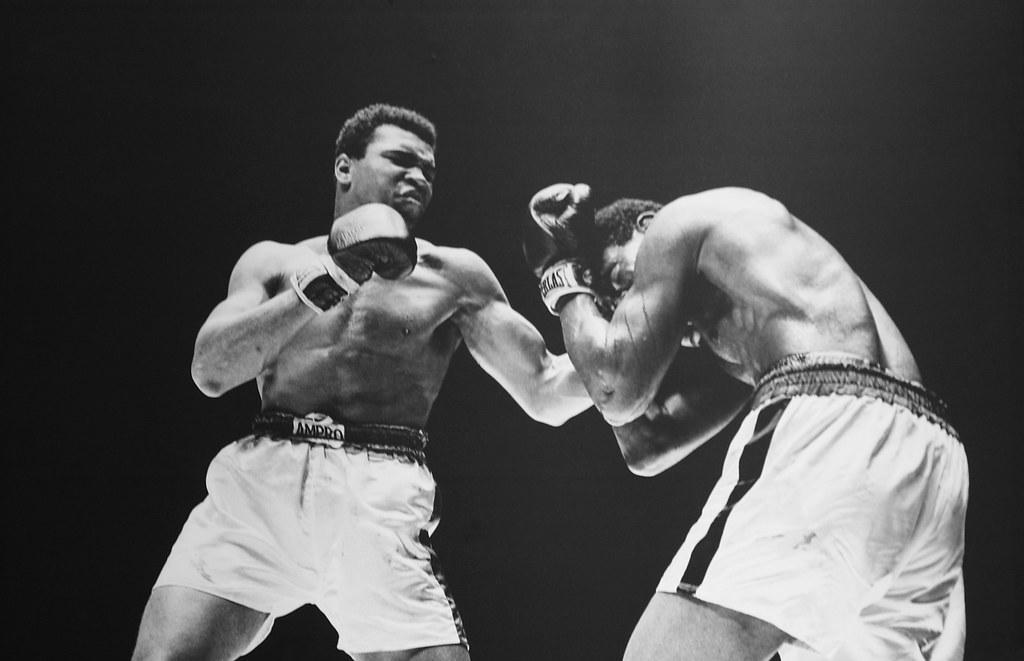In this article, we give the key points from each of the candidates for topics and issues addressed at the first presidential debate. The article will attempt summaries of what was said and argued during this time.
Supreme Court:
President Trump nominated Amy Barrett to replace the late Ruth Ginsburg. He says the constitution is clear and it is his and the senate’s obligation to consider a nominee. Vice President Biden says this is an abuse of power to jam through appointment processes. Why are they right in their argument and their opponent wrong?
Trump: We were elected, elections have a consequence. We have a phenomenal nominee, respected by all. Top academic and good in every way. Some of her biggest endorsers are very liberal people. We have a lot of time, before and after the election. We have a professor from Notre Dame that says she is the best student he has ever had. We won the election and have the right to choose her.
Biden: The American people have a right to say who is on the supreme court. That say comes when they vote for their senators and who they vote for President of the United States. They are not going to get that say now because we are now in the midst of an election.
Tens of thousands of people have already voted, and because of this, we should wait and see. The only way people get a say in who they elect as President and Vice President.
The president has made it clear that he wants to get rid of the affordable care act.The supreme court nominee has written that she thinks the affordable care act is unconstitutional.
What I have proposed is that we expand Obamacare, we increase it. The biggest debate we had is that people with private insurance can still have it
Healthcare:
Mister President, the court, and 17 state officials will hear to overturn Obamacare. Over the last four years, you have not come up with a way to replace Obamacare. My question is what is the Trump healthcare plan?
Trump: I got rid of the individual mandate, the individual mandate was the most unpopular aspect of Obamacare and I got rid of it. I am cutting drug prices and working with independent nations, going against big pharma. Drug prices will be down 80%. Nobody has done it and we are doing it. Insulin as an example, I am getting it so cheap it is like water. We are allowing states to go to different countries to get their drugs helping lower the costs.
Chris Wallace: Vice President Biden said he would like to add a public option to Obamacare. The argument is that it is going to end private insurance and enable a government takeover of healthcare.
Biden: It does not, it’s only for those who are so poor they qualify for Medicaid. Anyone who qualifies for Medicaid would be enrolled in our public option. The vast majority of Americans would not be in that option. He is not for anyone needing healthcare because he has cost 10 million people healthcare from his recession. There are 20 million people getting healthcare from Obamacare, he doesn’t care.
Chris Wallace: Alright last question for you mister Vice President if Berret is elected president there has been talk of ending the filibuster and even packing the court and adding to the nine justices. You call this a distraction from the President when in fact it was brought up by some of your colleagues. Are you willing to tell the American people if you will either end the filibuster or pack the court?
Biden: Whatever the position is that will become the issue. The issue is the American people should speak. I am not going to answer the question.
COVID:
We have had more than 7 million cases and 200 thousand people who have died. Even after a vaccine is produced experts say we will be months or years out from anything being back to “normal.” The question is based on what you have said and would do in 2021.
Biden: When Trump was presented with the numbers of COVID contractions and death President Trump said “it is what it is.” he knew back in February and said nothing because he didn’t want people to “panic.” What did he do? Experts wanted to go out to Wuhan, but Trump did nothing. I laid out back in March what we should be doing. Providing protective gear, money to get people the help they need to keep businesses open.
Trump: When I closed the boarders to these places Biden called me racist and xenophobic. India, China, Russia, non are giving a straight answer on their infected. Biden thought it was a terrible idea to close the country. Biden would have kept it open two months longer. I have people, democrats as well, saying what a phenomenal job I did. We got the gowns, masks, made ventilators. Fewer people are dying when they contract COVID then at the start of this. H1N1, Biden was a disaster, his chief of staff called him a disaster.
Biden: There was no recession during H1N1, there weren’t thousands of deaths. His own CDC director says we will lose thousands more between now and the end of the year. By just wearing a mask we can cut those numbers greatly.
Chris Wallace: President Trump you have been at odds and contradicted your scientists. Doctor Redfield said that it won’t be until next summer that the vaccine will become readily available to the general public. You said this was wrong. Doctor Slaoui, head of Warf Speed said the same thing. Are they both wrong?
Trump: I have spoken to companies and we could have it faster. It has become political at this point. I have spoken to Pfizer, Johnson & Johnson, all the right people. They can be faster than that, I disagree with Slaoui and Redfield. We have the military all set up, all the logistics are worked out. We are ready to distribute.
Chris Wallace: Vice President, your choice for VP Kamala Harris has been quoted saying that experts will be muzzled and suppressed. Given the polls show that people are concerned about the vaccine and have a reluctance to take it. Given that your running mate is saying that scientists can’t be trusted. Are you and your running mate contributing to that fear?
Biden: [Did not answer the question.]
Chris Wallace: Vice President Biden, President Trump, you both have very different views on dealing with COVID. Vice President you have been saying you would have kept the economy closed, how would you have handled it?
Biden: You would have to provide businesses the money to reopen with the PPE, as well as with the sanitation they need. Nancy Pelosi and Schumer, they have a plan, but the President won’t meet with them. The Republicans won’t meet with the senate.
Trump: Biden wants to shut down this country and I don’t. We had to because we didn’t know anything about the disease. Now we know. More people will be hurt if we shut down again than if we stay open.
Economy:
On the recovery of the economy and the unemployment rate falling. The hit to growth will not be as big. President Trump says it is more of a V shape recovery while Vice President Biden says its more of a K shape. What difference does that mean for the people of the United States.
Trump: Recovering from the shutdown there have been 10.4 million people put back into the work because of this. This is record-breaking, and some democratic states are keeping closed till after November 9th after the elections. This is not only affecting us economically but emotionally as well. Some of these state’s numbers for alcoholism and drug use are up after being shut down. Divorce rates are higher, it just isn’t fair these states that are still shut down.
Biden: Millionaires and Billionaires are doing well because they are only focused on the market. The American People are in working-class towns. This is also President that paid $750 in taxes in 2016 and 2017. He will be the first president in American history to have people with fewer jobs than going in. The President wants to open it up more even with the rise in cases ever-increasing, deaths ever increasing. One in six small business are closing on a regular base because the President is doing nothing about it. Schools are open without proper precautions being taken because it is too expensive to open them safely.
Taxes:
The question is it true that President Trump only paid $750 in federal income tax in 2016 and 2017.
Trump: I paid millions of dollars in income tax, truth is though that I was a private developer before I was a politician. No private developer wants to pay taxes unless they are stupid. We also work through the law. Vice President Biden’s party at the time passed a bill that gave us all the privileges for depreciation and for tax credits. The hotels I built granted me tax credits from the Obama Administration.
Race:
Why should voters trust you to deal with race issues over the next four years?
Biden: We have never walked away from dealing with racial issues like President Trump. After the [white supremist] protests in Louisville where a woman was killed, President Trump responded saying there were “very nice people on both sides.” This is also a man who during the peaceful protests of George Floyd’s death outside of the Whitehouse, had the military shoot teargas into the crowds to clear the way so he could take a picture in front of a church. This is a man who uses racism as a dog whistle to generate racist division.
Trump: I am letting people out of jail and Vice president Biden has treated people just as badly as anyone else in his time. We just got the support of military and law enforcement. I have Florida, Texas, Ohio, and Portland law enforcement coming out saying they support me. Vice President Biden can’t even say law enforcement for fear of losing his supporters. If they had called us in Portland we would have taken care of it in a heartbeat. Look at Chicago and what happened to protests when they heard the military was coming.
Chris Wallace: After the grand jury in the Briana Taylor case when they decided not to charge anyone with homicide. Vice President do you think there is a separate and unequal system of justice for blacks in America?
Biden: There is inequality in everything from school to law enforcement. There are good people in the police force. There are also bad apples and they have to be held accountable. I will hold a meeting with civil rights groups and heads of police to work this out. We need more transparency and accountability.
Chris Wallace: President Trump, you have been banning racial sensitivity training. Why are you doing this?
Trump: The training is racist, a lot of people are also complaining saying it was a radical change in our military and police force. We are teaching people to hate our country and I will not let that happen.
Chris Wallace: Vice President Biden, you call for a reimagining of the police force. Do you support the Black Lives Matter solution of community-run policing?
Biden: What I support is police having the ability to deal with issues. President Trump’s budget will take away $400 million cuts in local law enforcement. They need access to Psychiatrists to talk people down. We need community-run policing were officers get a personal connection with the people.
Protests:
Many protests going on right now have recently turned violent. Places like Oregon are a good example. Vice President Biden, have you tried to talk with Democratic leaders in these areas to call in the national guard or to even provide assistance?
Biden: I don’t hold public office. I have made it clear in public speeches that these are horrible. They can take care of it if President Trump stayed out of it. He has not asked for any meetings to end these either.
Chris Wallace: President Trump, Are you willing to say tonight that you condemn white supremacists and what they stand for.
Trump: Does not answer the question clearly.
Climate Change:
Millions of acres burned, thousands displaced from homes that were destroyed. Experts claim that climate change is leading to issues like the fires we are seeing now. President Trump says they are wrong, pulled the county out of the Paris Accord, stricken down Obama administration regulations on climate.
Trump: If you look at the numbers right now we have the lowest carbon. The Paris accord was affecting our businesses. I think we need better forest management. Every year I get a call that California is on fire. You look at other cities and they don’t have these issues. Cars are now more efficient, safer, and cheaper which will help with C02 emissions.
Biden: I was able to bring the cost during our administration for renewable energy as low as coal and fossil fuels. We will be able to take 4 million buildings and bring them up to standards. I will rejoin the Paris accord. I would give $20 million to Brazil to stop tearing down the rainforest and if not followed give them economic issues. We will create new and good-paying jobs to help create new energy-efficient homes and upgrading buildings. I do not support the Green New Deal.
